Audi and Hyundai Collaborate To Accelerate Fuel Cell Development
Berita KeretaAudi AG and Hyundai Motor Group announced today that both companies plan to cross-license patents and grant access to non-competitive components to accelerate the development of fuel cell technology. Through their collaboration, which is subject to approval from regulatory authorities, both partners aim to bring the fuel cell to volume production maturity more quickly and more efficiently
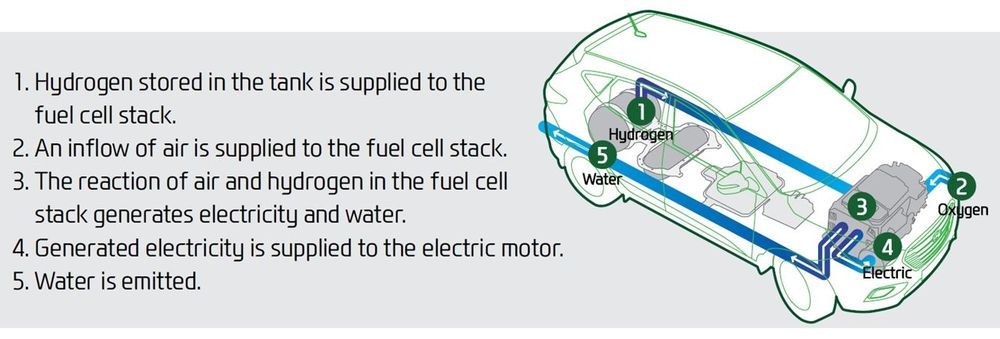
Image from Hyundai Australia, using an earlier ix35 fuel cell setup
A fuel cell electric vehicle, or FCEV is a vehicle that uses hydrogen gas as fuel to generate electric energy for moving the vehicle. The hydrogen gas reacts with oxygen from the atmosphere in the fuel cell stack to generate electricity, with only water vapour as emission.
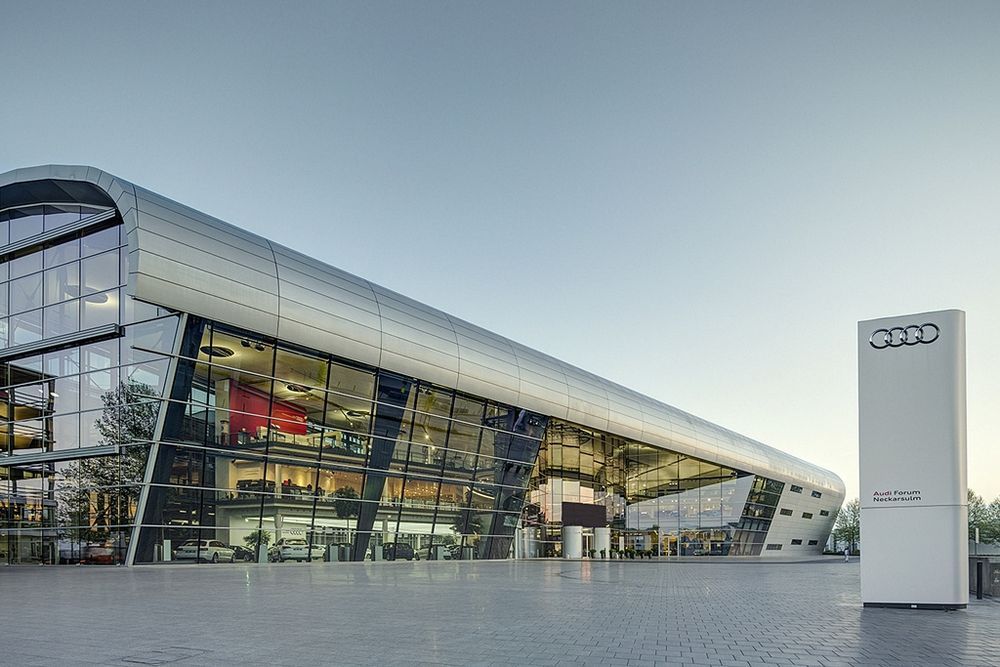
“The fuel cell is the most systematic form of electric driving and thus a potent asset in our technology portfolio for the emission-free premium mobility of the future,” says Peter Mertens, Board Member for Technical Development at Audi AG,”
“On our FCEV roadmap, we are joining forces with strong partners such as Hyundai. For the breakthrough of this sustainable technology, cooperation is the smart way to leading innovations with attractive cost structures.”
Representing Hyundai Motor Company, Euisun Chung, Vice Chairman of the company said: “We are confident that our partnership with Audi will successfully demonstrate the vision and benefits of FCEVs to the global society,”
“This agreement is another example of Hyundai’s strong commitment to creating a more sustainable future whilst enhancing consumers’ lives with hydrogen-powered vehicles, the fastest way to a truly zero-emission world.”
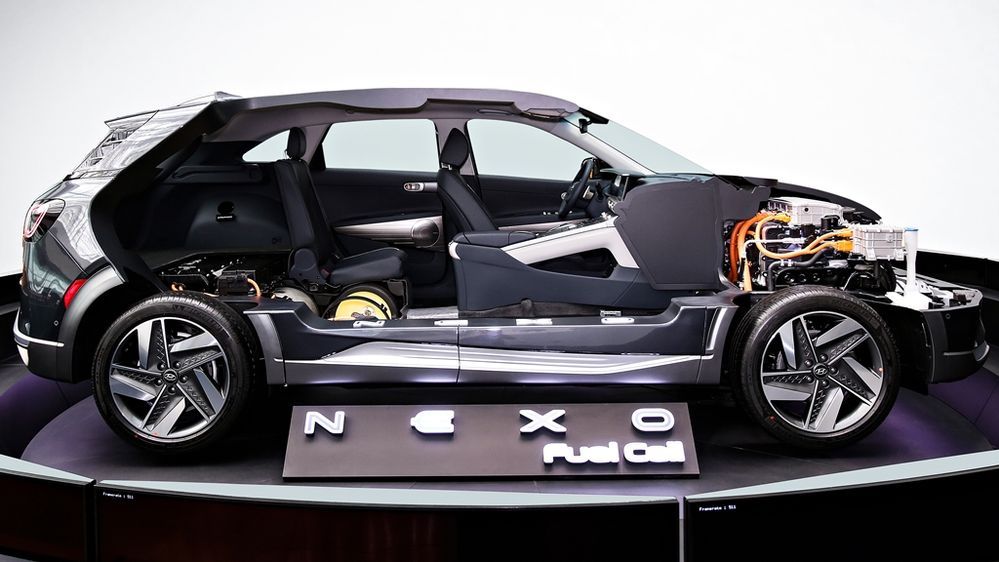
As a first step, Hyundai, being the world’s first mass-producer of FCEV, will grant Audi the access to the parts that are based on Hyundai’s know-how accumulated from the development leading up to the Nexo SUV.
The Hyundai Nexo which is currently on sale in South Korea is quite advanced. The company has already successfully trialled the Nexo in a self-driven journey to a distance of nearly 200 kilometres.
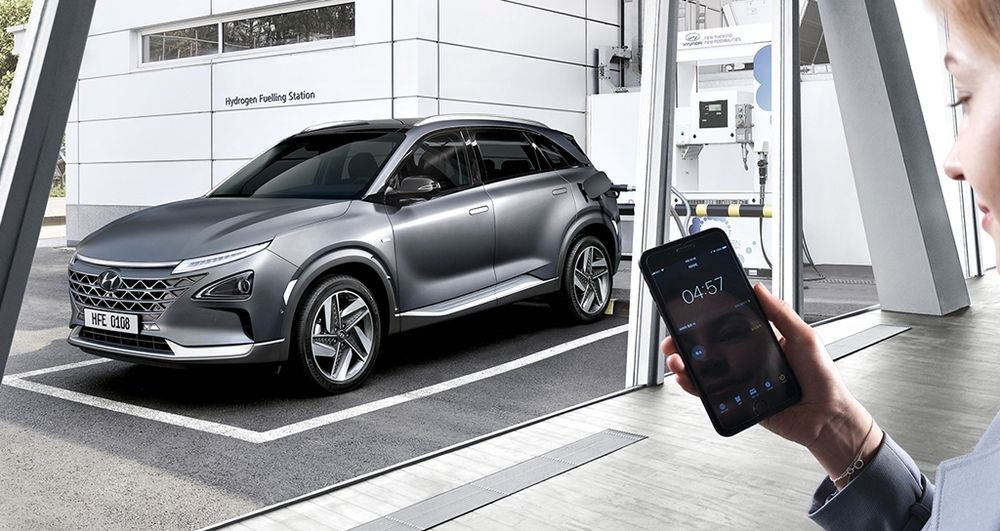
Other key details on the Hyundai Nexo include a driving range of 666 kilometres (under WLTP) after a refuelling time that takes just 5 minutes, a motor output of 163 PS and 395 Nm of torque plus autonomous driving capabilities.
Audi meanwhile has already been working on fuel cell concepts for almost 20 years. The Audi h-tron quattro concept study presented in 2016 demonstrated the brand’s technology competence in fuel cell drive systems.
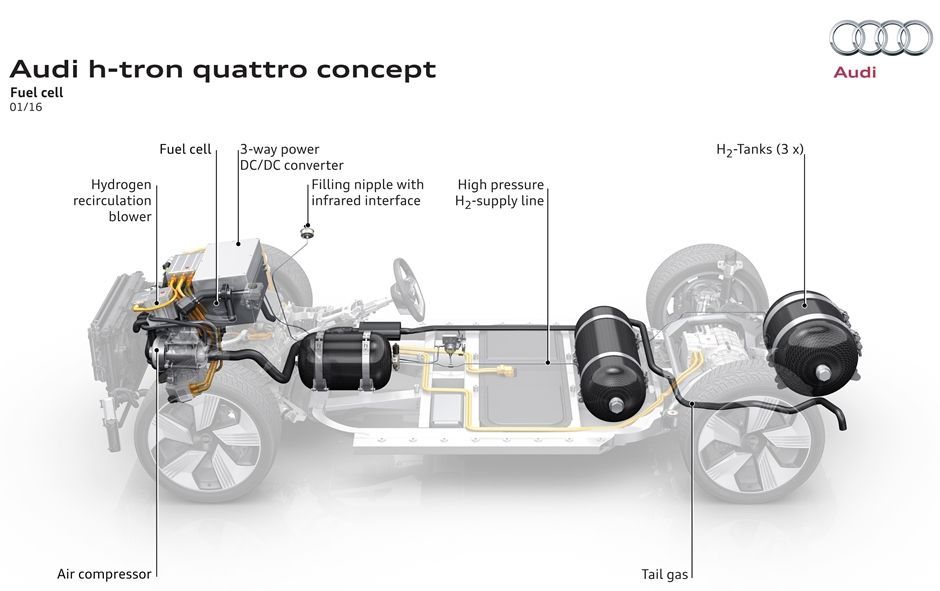
As such, Audi will introduce the first fuel cell model as a small series production from the beginning of the next decade. The company plans to debut its first FCEV, a sporty SUV, in the next decade. The cross-license agreement with Hyundai is already focused on the next development stage intended for a broader market offer.
Long ranges and short refuelling times make hydrogen an attractive future source of energy for electric mobility. This is particularly true for larger automobiles such as SUVs, where the weight advantages of the fuel cell vehicle inherent to its design are particularly pronounced.
Besides further advances in fuel cell technology, key aspects for its future market success include the regenerative production of hydrogen and the establishment of a sufficient infrastructure.